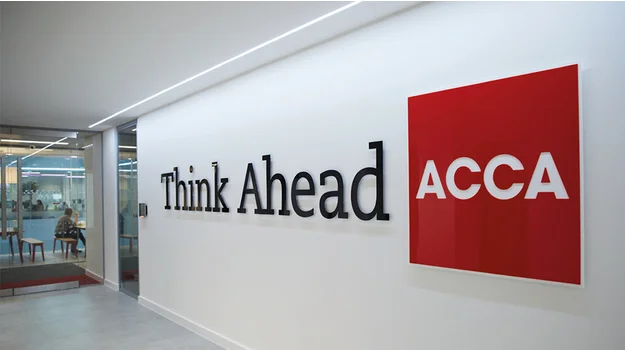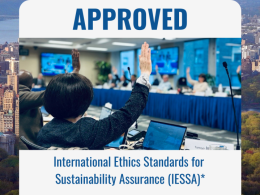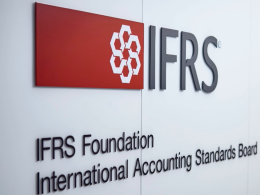The Association of Chartered Certified Accountants (ACCA), a leading global accountancy body, has called on the European Commission (EC) to simplify its sustainable finance disclosure requirements, warning that the current framework is too complex and burdensome for many businesses.
In its official response to the EC’s consultation on the revision of the Sustainable Finance Disclosure Regulation (SFDR), ACCA stressed that while it supports the core objectives of the regulation—including enhanced transparency, greater accountability, and stronger ESG integration—the implementation challenges risk undermining its effectiveness.
“To enable sustainable finance to drive meaningful change and attract private investment, the reporting framework must be simplified and better tailored to the capacity of different market participants,” said Vikas Aggarwal, Regional Head of Public Affairs, EEMA, ACCA. “At present, the SFDR requirements are too granular and complex. These constraints will prevent the SFDR’s aims and EC’s objectives being fully achieved.”
ACCA recommends a more flexible, phased implementation approach with a clearer focus on transition finance. Key concerns highlighted by the organisation include:
- Excessive data demands that strain asset managers’ budgets and deter investment in sustainable financial products;
- Limited enforcement mechanisms, raising fears of non-compliance;
- Disproportionate burden on smaller firms, potentially locking them out of sustainable finance markets;
- An unbalanced emphasis on social factors without sufficient guidance on social impact assessment;
- Ambiguities in the “do no significant harm” test, especially around weighing short-term financial performance against long-term societal risks.
ACCA also urged the EC to maintain its global leadership in sustainable finance regulation. Joe Fitzsimons, Regional Lead for Policy and Insights, EEMA & UK, ACCA, said: “The EC was a first mover in establishing SFDR to combat greenwashing. It must now use the revision process to streamline requirements and influence international regulatory developments.”
The call comes as the EU considers updates to SFDR to improve implementation, ensure proportionality, and reduce unintended barriers to sustainable investment.





















